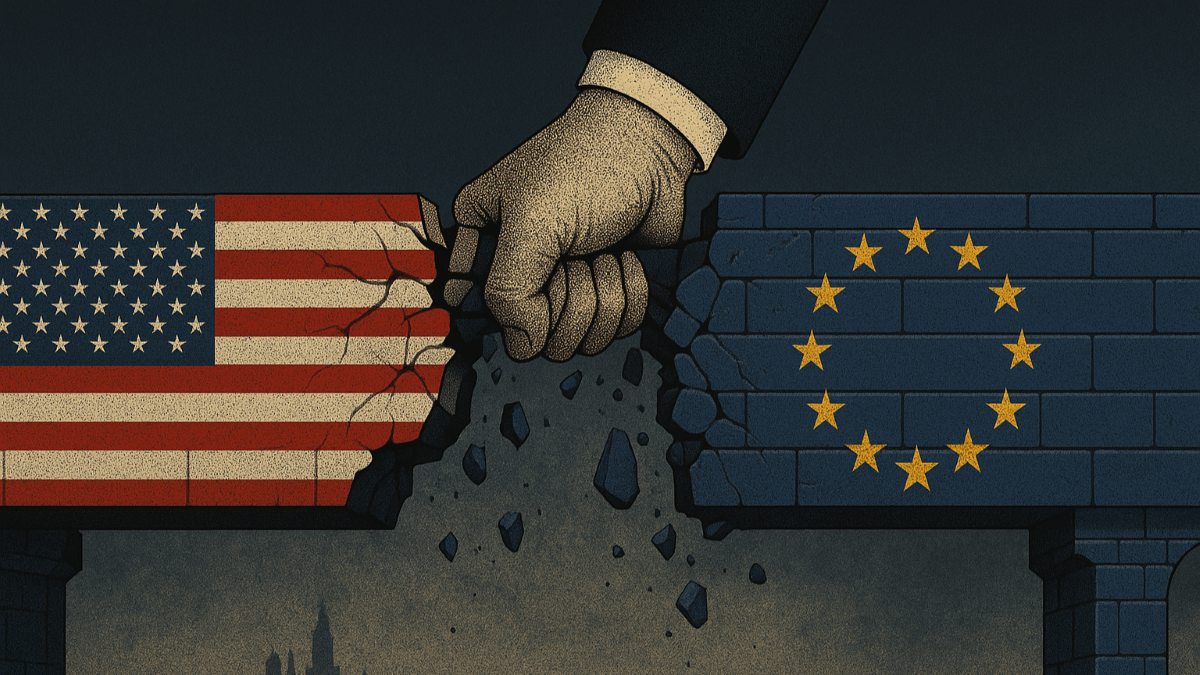News
February 27, 2018
7,329: A high-profile arm of China’s anti-corruption campaign, run by the oddly Orwellian-sounding Central Commission for Discipline Inspection, set an all-time monthly record by disciplining 7,329 party members in December.
China’s campaign to deal with graft has been a key pillar of Xi’s success and popular appeal to date. As he look to solidify control ahead of a possible third term as president, expect more heads to roll in the Communist Party.1,400: A former employee of Russia’s now-infamous Troll Factory, which conducted the social media campaign meant to sow division in the US ahead of the 2016 presidential election, says he got a paycheck of $1,400 a week for his labors. To put that in context, the average salary in St Petersburg in early 2016 was just $740 a month. Trolling democracy is good work if you can get it.
87: When dictators die in office, their cliques retain power 87 percent of the time, says a Washington Post study. And even when a death at the top does change things, it leads to democracy only 30 percent of the time. A reminder that nothing is inevitable, least of all liberal democracy.
45: The percentage of Americans who are happy with the US position in the world has hit a 13-year high of 45 percent, according to Gallup. In fact, America’s mood has improved over the past year when less than a third of Americans felt good about position of the US globally. A reminder that for all the international handwringing about US leadership, a significant bloc of voters at home just isn’t concerned.
43: A survey shows that 43 percent of Italians think immigrants represent a danger to public order and people’s safety, up ten points since 2015. This coincides with a rising number of migrants reaching Italian shores. There’s just one problem: the crime rate in Italy has actually fallen by 17 percent in the last two years, according to the Interior Ministry. Perception is reality at election time these days, and fear is a powerful emotion as Italians head to the polls.
More For You
America’s new National Security Strategy confirms what Europeans have feared for months: Washington now sees a strong, unified European Union as a problem to be solved, not an ally to be supported.
Most Popular
Sponsored posts
The power of sports
What's Good Wednesdays
What’s Good Wednesdays™, December 10, 2025
Walmart sponsored posts
Walmart's $350 billion commitment to American jobs
In this episode of Tools and Weapons, Microsoft Vice Chair and President Brad Smith sits down with Ed Policy, President and CEO of the Green Bay Packers, to discuss how purpose-driven leadership and innovation are shaping the future of one of the world’s most iconic sports franchises. Ed shares how technology and community-focused initiatives, from Titletown Tech to health and safety innovations on the field, are transforming not just the game of football, but the economy and culture of Green Bay itself. He explains how combining strategic vision with investment in local startups is keeping talent in the Midwest and creating opportunities that extend far beyond Lambeau Field.
Subscribe and find new episodes monthly, wherever you listen to podcasts.
Members of security forces stand guard outside a polliong station, a week late in a special election, after the local governing party kept voting closed on election day, amid accusations of sabotage and fraud, in a presidential race still too close to call as counting continues, in San Antonio de Flores, Honduras, December 7, 2025.
REUTERS/Leonel Estrada
More than a week after Hondurans cast their ballots in a presidential election, the country is still stuck in a potentially-dangerous post-election fog.
© 2025 GZERO Media. All Rights Reserved | A Eurasia Group media company.
